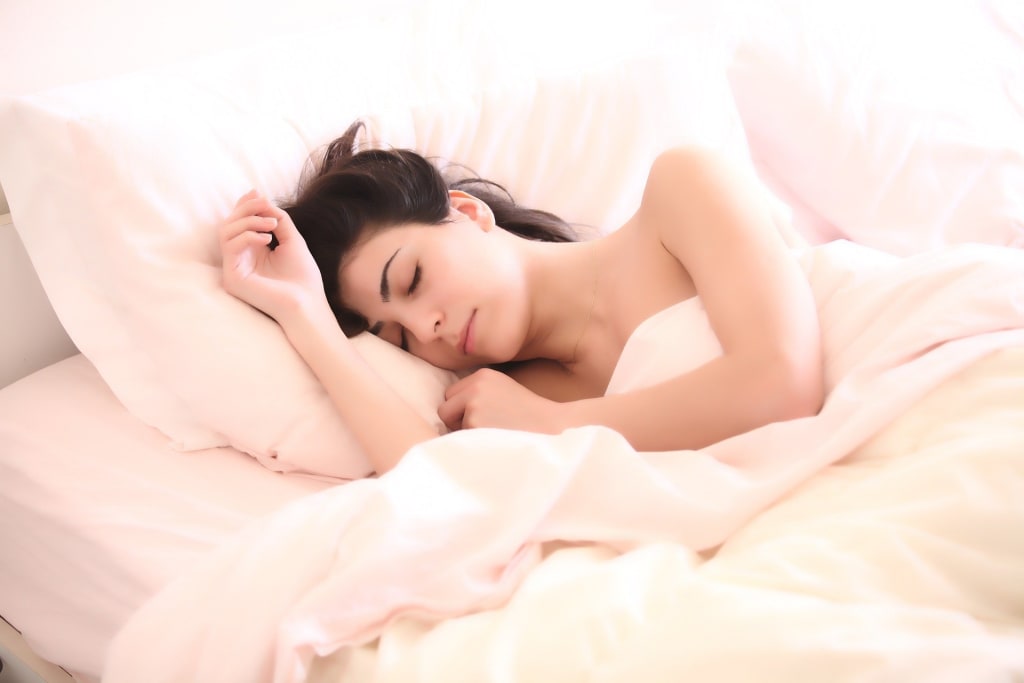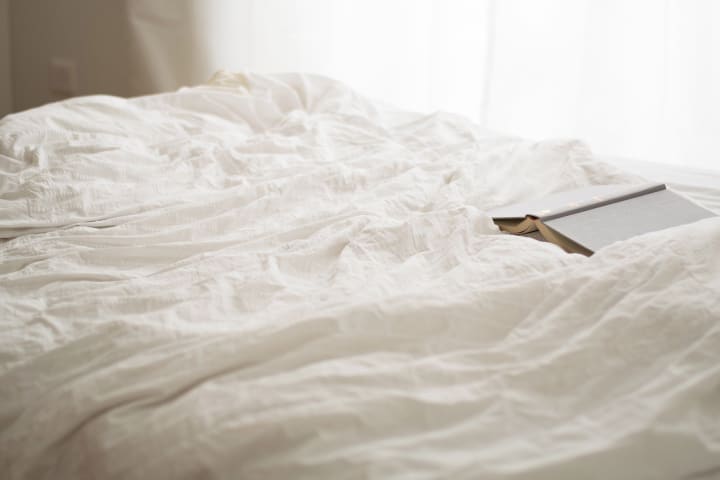Fall Asleep Faster By Following these Simple(Yet Effective) Methods
How to sleep quickly and effectively?

You might be one of the lucky chosen ones who fall asleep as soon as your head meets the pillow, or one of every four adults who will develop insomnia this year. Fortunately, 75% of those who do develop insomnia are cured. When insomnia occurs at least three times a week for a period of more than three months, it’s diagnosed as chronic insomnia. On the other side of the spectrum, good sleepers are those who take 15 minutes or less to fall asleep at night, seven times a week.
Poor sleep is common regardless of the reasons, be it because of stress, medication or illness.
When you have sleep deprivation, it will affect you in several ways, such as:
It could cause accidents
Drowsiness at the wheel is a major public concern, with roughly 100,000 car accidents related to fatigue and lack of sleep. Work accidents may also be more common due to sleep deprivation.
It dumbs you down
Your cognitive thinking process diminishes with sleep deprivation, making it harder to learn something. It impairs attentiveness and alertness.
It can cause depression
Statistics found in polls show that people diagnosed with depression tend to sleep less than 6 hours, with insomnia being their most common sleep disorder.
It can cause other health problems
Heart conditions, strokes and diabetes, among other conditions can come about. Most likely, people with a sleep disorder may also suffer from another medical condition.
These are just a few points that are related to sleep disorders, making lack of sleep affecting you in more ways than just being grouchy.
On the bright side, we can do things to get out of the cycle of insomnia and get our sleep back on track.
Follow these simple strategies below to ensure you fall asleep faster at night.
Sleep-wake cycle
Everyone’s body has a natural sleep-wake cycle, so it’s a matter of getting in sync with it. People who sleep best, go to sleep at the same time every night, and wake up at the same time every morning; this helps to schedule your internal body clock. What happens is that even if you sleep the same amount of hours, but on a different schedule, it will disrupt the cycle. Choose the time you’re feeling most sleepy to go to bed and stick to it. Other actions you might be doing can also disrupt that schedule, such as napping for too long, or sleeping in too late during the weekend.
Check your mattress
Lack of sleep could be the result of an external problem, such as a poor mattress. It’s recommended to change a mattress every 7 to 10 years, but that depends on several factors, such as how you sleep on it and how you take care of it. Changing your mattress could also depend on what’s inside of your mattress; which is why the experts at https://sleepauthorities.com/ recommend memory foam mattresses as one of the best choices for the average sleeper. The mattress has to support your body while it’s in a normal position of sleep with your spine relaxing in a good curvature and your heels (legs), shoulders, buttocks as well as your head are supported in correct alignment. If you wake up feeling lower back pain or an aching neck and it takes a lot of stretching to feel better, then you should probably be looking for a new mattress.
Create a routine before bedtime
While it would be nice if we could just hop into bed and sleep, if you can’t do that you will want to prepare your body and mind for sleep. Start to wind down beforehand by unplugging from your phone or laptop; avoid screens about an hour or two before sleep; focus on relaxation before sleep.
Choose what you eat
Random eating isn’t helpful either. Limit intake of alcohol and caffeine, and avoid eating heavy meals and sugary foods before sleep.
Create the right environment
If you have difficulty sleeping, you might be sleeping in the wrong environment. You will want to keep the room dark as well as cool. The optimal temperature should be around 65° F or 18° C. The noise level should be down as well. You can mask some outside noises with a fan, for instance.

Getting better sleep isn’t something you need to sleep on! There are several actions you can take today; you can try one or a combination of actions to help you. No one has to tell you that poor sleep is never a good thing, nor an easy thing to handle. Yet, changing some lifestyle behaviors and creating proper conditions could help you solve the problem.
About the Creator
Enjoyed the story? Support the Creator.
Subscribe for free to receive all their stories in your feed. You could also pledge your support or give them a one-off tip, letting them know you appreciate their work.





Comments
There are no comments for this story
Be the first to respond and start the conversation.